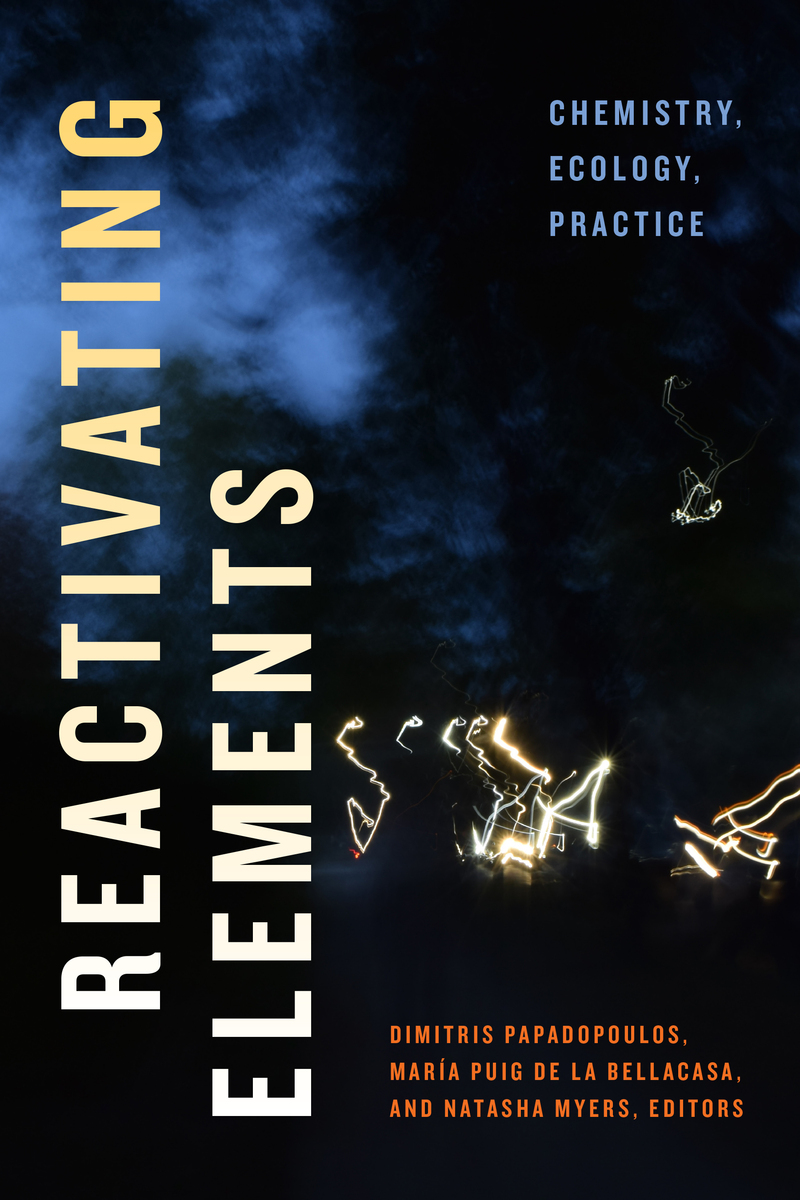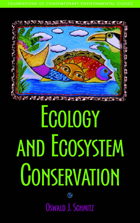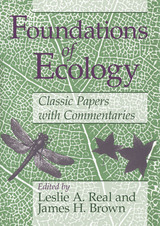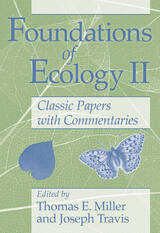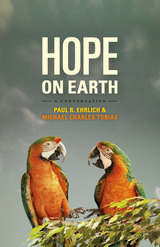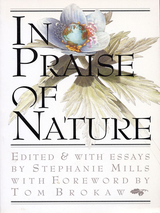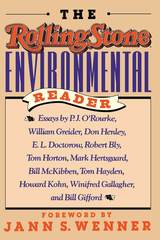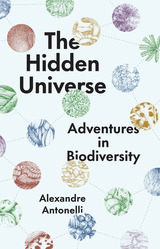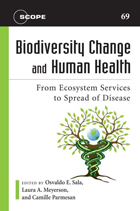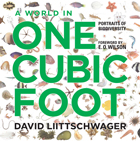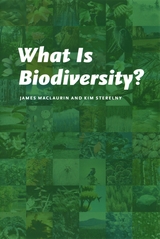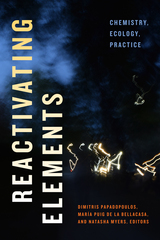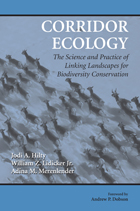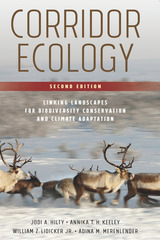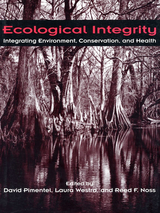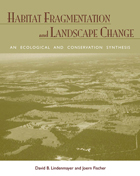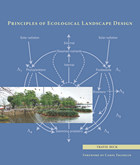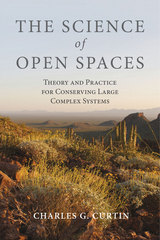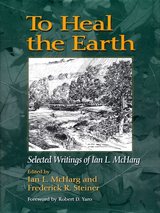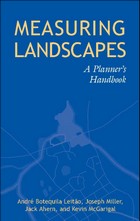Reactivating Elements: Chemistry, Ecology, Practice
Duke University Press, 2021
eISBN: 978-1-4780-2167-4 | Cloth: 978-1-4780-1344-0 | Paper: 978-1-4780-1436-2
Library of Congress Classification QH541.15.C44R433 2021
See other books on: Chemical ecology | Ecocriticism | Environmental chemistry | Myers, Natasha | Papadopoulos, Dimitris
See other titles from Duke University Press
eISBN: 978-1-4780-2167-4 | Cloth: 978-1-4780-1344-0 | Paper: 978-1-4780-1436-2
Library of Congress Classification QH541.15.C44R433 2021
ABOUT THIS BOOK | AUTHOR BIOGRAPHY | REVIEWS | TOC | REQUEST ACCESSIBLE FILE
ABOUT THIS BOOK
The contributors to Reactivating Elements examine chemicals as they mix with soil, air, water, and fire to shape Earth's troubled ecologies today. They invoke the elements with all their ambivalences as chemical categories, material substances, social forms, forces and energies, cosmological entities, and epistemic objects. Engaging with the nonlinear historical significance of elemental thought across fields—chemistry, the biosciences, engineering, physics, science and technology studies, the environmental humanities, ecocriticism, and cultural studies—the contributors examine the relationship between chemistry and ecology, probe the logics that render wind as energy, excavate affective histories of ubiquitous substances such as plastics and radioactive elements, and chart the damage wrought by petrochemical industrialization. Throughout, the volume illuminates how elements become entangled with power and control, coloniality, racism, and extractive productivism while exploring alternative paths to environmental destruction. In so doing, it rethinks the relationship between the elements and the elemental, human and more-than-human worlds, today’s damaged ecosystems and other ecologies to come.
Contributors. Patrick Bresnihan, Tim Choy, Joseph Dumit, Cori Hayden, Stefan Helmreich, Joseph Masco, Michelle Murphy, Natasha Myers, Dimitris Papadopoulos, María Puig de la Bellacasa, Astrid Schrader, Isabelle Stengers
Contributors. Patrick Bresnihan, Tim Choy, Joseph Dumit, Cori Hayden, Stefan Helmreich, Joseph Masco, Michelle Murphy, Natasha Myers, Dimitris Papadopoulos, María Puig de la Bellacasa, Astrid Schrader, Isabelle Stengers
See other books on: Chemical ecology | Ecocriticism | Environmental chemistry | Myers, Natasha | Papadopoulos, Dimitris
See other titles from Duke University Press
